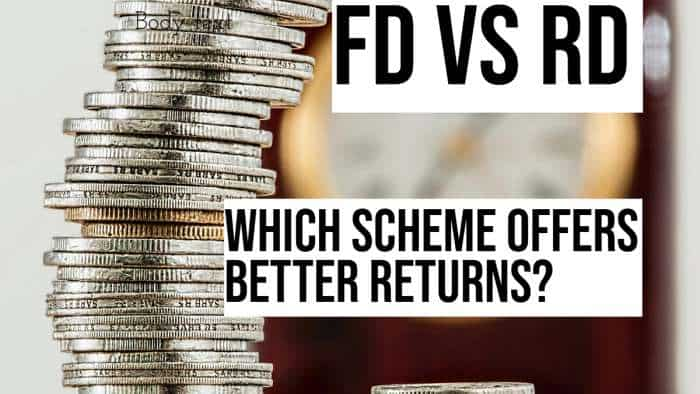Budget 2024: FY25 fiscal deficit pegged at 4.9% vs 5.1% in Interim Budget
Budget 2024: Finance Minister Nirmala Sitharaman's seventh Budget, presented in Parliament on July 23, pegged fiscal deficit at 4.9 per cent in the current financial year.
)
Budget 2024: Finance Minister Nirmala Sitharaman's historic Budget, presented in Parliament on Tuesday, July 23, pegged the country's fiscal deficit at 4.9 per cent of GDP for the current financial year, 20 basis points below 5.1 per cent pegged in the Interim Budget presented on February 1 this year.
"The fiscal consolidation path announced by me in 2021 has served our economy very well, and we aim to reach a deficit below 4.5 per cent next year. The Government is committed to staying the course," said the finance minister in Parliament. Read full text of Finance Minister's 7th Budget speech
For the next financial year, which begins on April 1, 2025, the central government set a goal of containing the deficit at 4.5 per cent of GDP. Containing the deficit is crucial for maintaining fiscal discipline while promoting sustainable economic growth and ensuring macroeconomic stability.
"As expected, Centre has not let go of the consolidation journey ahead (as the debt management remains tricky), despite the challenges of the political economy... The policy direction/prerogatives may remain largely similar, focusing on a credible and clearly communicated consolidation, anchored on stronger revenue mobilization and spending efficiency," said Madhavi Arora, Lead Economist at Emkay Global Financial Services.
The Interim Budget target of 5.1 per cent was already 80 bps below the actual reading of the previous fiscal year, and much lower than a simple average of 7.5 per cent recorded in the past three years.
"The end-March '24 cash balance is estimated to have been the high of Rs 1.75 trillion, vs sub Rs 300 billion budgeted. However, the final borrowing is largely in line in the interim, implying Net Treasury bill issuances may have been massively cut," Arora added.
Fiscal deficit indicates how much the government needs to borrow to meet its expenses if its spending exceeds its revenue.
A high fiscal deficit can lead to economic instability because it often means the government is borrowing heavily. On the other hand, a low fiscal deficit can contribute to economic stability because it indicates that the government is managing its finances well without excessive borrowing.
Fiscal consolidation refers to measure undertaken by a government to mitigate its fiscal deficit.
Get Latest Business News, Stock Market Updates and Videos; Check your tax outgo through Income Tax Calculator and save money through our Personal Finance coverage. Check Business Breaking News Live on Zee Business Twitter and Facebook. Subscribe on YouTube.
RECOMMENDED STORIES

Rs 55 lakh Home Loan vs Rs 55 lakh SIP investment: Which can be faster route to arrange money for Rs 61 lakh home? Know here

Top 7 Flexi Cap Mutual Funds With up to 52% SIP Return in 1 Year: Rs 20,000 monthly SIP investment in No. 1 fund has generated Rs 3.02 lakh; know about others too
03:51 PM IST










 Budget 2024: Double PM Mudra loan threshold of Rs 20 lakh a reality now
Budget 2024: Double PM Mudra loan threshold of Rs 20 lakh a reality now Narendra Modi 3.0 government to borrow 47% of FY25 target in October-March, stays on path laid out in Budget 2024
Narendra Modi 3.0 government to borrow 47% of FY25 target in October-March, stays on path laid out in Budget 2024 Budget 2024: Big relief, taxpayers! Centre may give option to calculate LTCG tax on property, pay lower tax under certain conditions
Budget 2024: Big relief, taxpayers! Centre may give option to calculate LTCG tax on property, pay lower tax under certain conditions Budget strikes fine balance between growth, employment, and capex: FM
Budget strikes fine balance between growth, employment, and capex: FM No state has been denied money in FY25 Budget: Nirmala Sitharaman
No state has been denied money in FY25 Budget: Nirmala Sitharaman